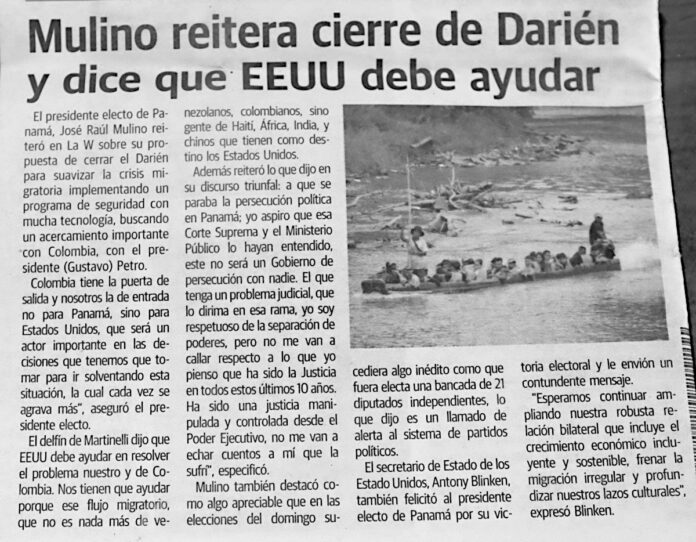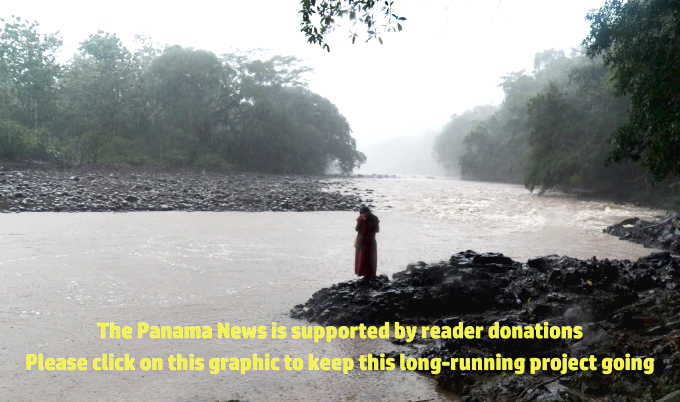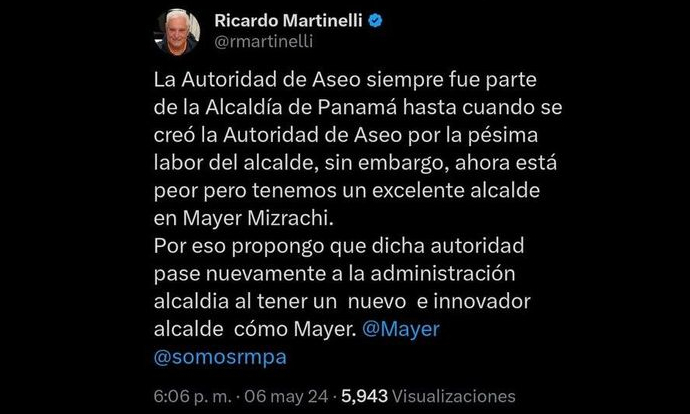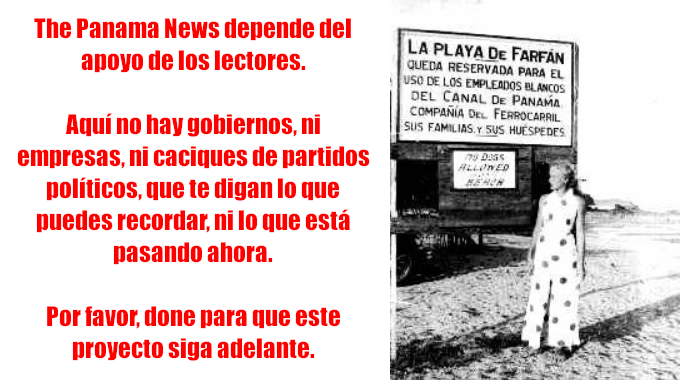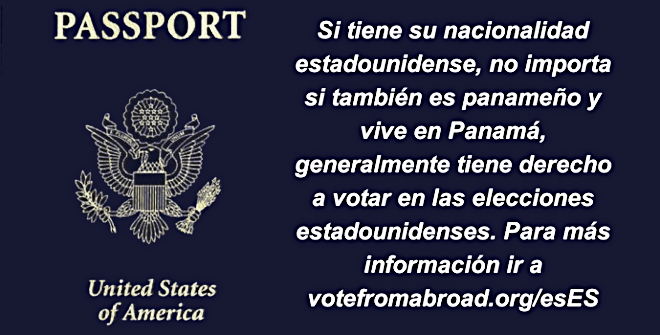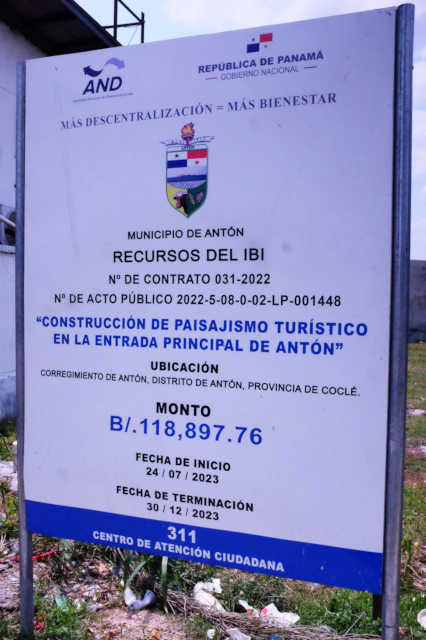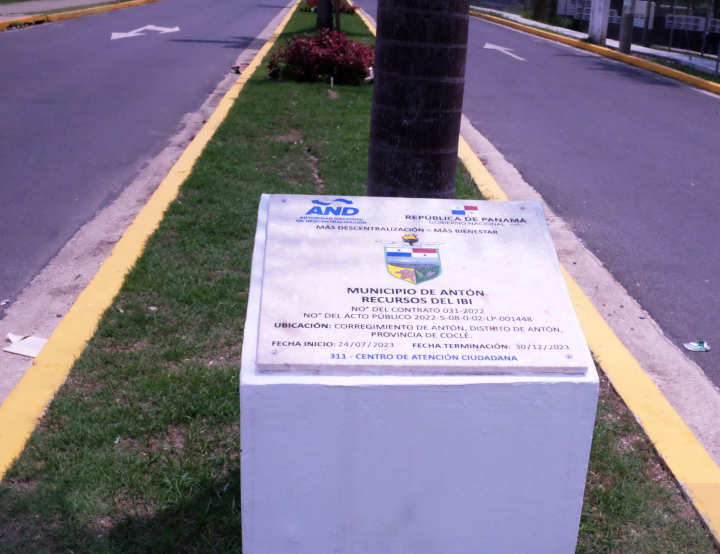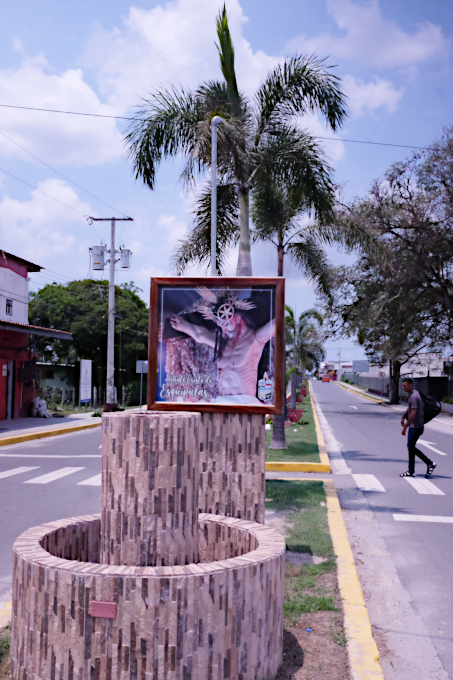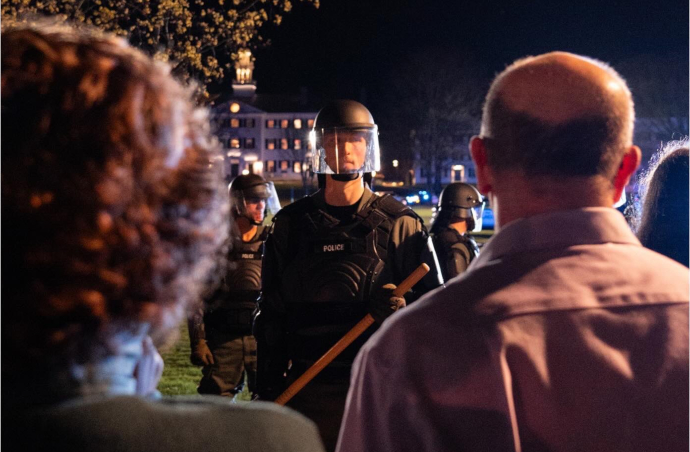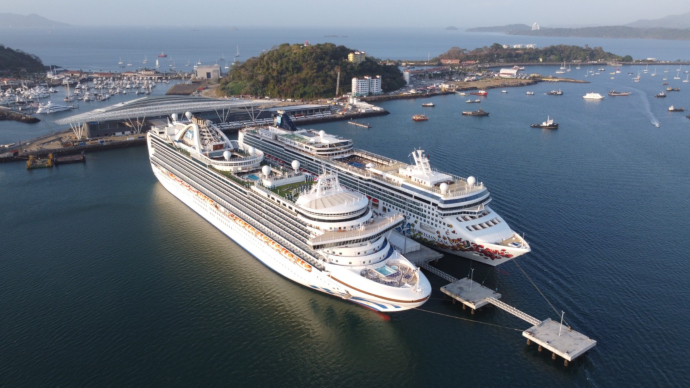From the Martinelista sex-and-death tabloid La Critica, which was purchased with tens of millions of dollars stolen from the Panamanian government and by court order is now public property, although Nito has never seen fit to enforce that order. We get into linguistic ambiguity — among other things — about the meaning and importance of President-elect Mulino’s declaration.
“Must,” or “Should?” — and “help” in what sorts of ways?
by Eric Jackson
There is no question about the damage that has already been done to our Darien region by hordes of undocumented migrants. The ecosystems will not fully recover within the lifetimes of Panamanians now living. It’s not just xenophobes calling for the border crossings to stop. But how, as a practical matter, can it be stopped.
Mulino uses the Spanish verb “deber,” which has various meanings. The USA SHOULD, or the USA MUST? The United States has a duty? To do what?
US officials, including folks from the US Armed Forces Southern Command, have been to the border since the migration crisis began many reported times. The full extent and content isn’t reported, but it’s safe to say that whatever advice has come from the north to the governments of Colombia and Panama, the flow of migrants has not stopped.
What’s a Panagringo war skeptic, what’s an old history major, what’s a reporter who has been into and flown over the Darien to think? Those are secondary or tertiary questions. The matter here is what Mr. Mulino and his fugitive criminal mentor Mr. Martinelli prepared to do. Plus, what kind of US help would be requested and what might be delivered.
As security minister for Martinelli, Mulino oversaw blunt and brutal “solutions” to things. Like the televised extrajudicial torture execution of teenage boys who hadn’t even participated in the juvenile prison protest that the government provoked and was purporting to suppress. Like the police attack on the hospital in San Felix. Like the police sweep through a Changuinola working class neighborhood with shoot to blind with birdshot at will orders that were carried out and then denied. Like the law that was passed to “legalize” any act of violence committed by a police officer while on duty.
So, would the policy be to shoot anyone who crosses the border without permission? Yes, there are now trodden paths, and well-used riverine routes, but that border is still drawn through a more or less trackless jungle wilderness. Are Martinelli and Mulino expecting the United States to station troops along the border and shoot at the Venes and others found crossing over? How long would THAT last?
Understand that the US forces are already somewhat at war with the human traffickers behind this flow — their erstwhile Plan Colombia allies of the present-day Clan del Golfo crime cartel. Their old leader, a Mr. Mancuso, is a US prisoner and he confirms things that the US and Colombian governments had been denying for years. Time marches on. And on. And on.
Panama might well tell the United States ‘You had a hand in creating this mess, so it’s up to you to solve it, or to help solve it.’ It’s a morally respectable argument. Except, when was the victory parade for the decisive US win in the “War Against Drugs?” Except, the United States still has issues at its own border and long has. Except that, since its independence from Spain, warlord politics have always been a factor in the Colombian hinterlands, notwithstanding the brutality of forces sent on orders from Bogota and various US interventions.
So, send in heavily armed Americans all along the border and THEY will really kick ass? As an old US citizen war skeptic, I’d have my moral and political objections to that. As a Panamanian citizen born in Colon and old enough to remember The Day of The Martyrs, I’d have another whole set of objections any such foreign intervention in Panamanian affairs. My own opinions about it matter much less than the realities of attempting such an impractical adventure.
But what could the United States actually do to help?
First, stop the economic strangulation of Venezuela, which is led by the United States. That’s the root of most of the problem. The US embargo against Cuba, and clumsy American attempts to impose order in Haiti add smaller bits to the problem.
US military help? Well, yes, we need some international migrant camps where people who have fled might sort out their futures. The world knows how to run those sorts of centers. Let’s put them under UN supervision, and not in or next to Darien province. The US Navy Seabees, the US Army Corps of Engineers and the US Air Force REDHORSE units would know how to build them, even by raising them as new artificial islands in Colombian, Panamanian or international waters.
The problem is political. In Panama, in the USA, in Colombia and in most other Latin American countries, there will be shrill voices, minorities demanding punishment because they’re really into the politics of cruelty. That’s what we’re up against and it’s not an easy challenge.
Contact us by email at thepanamanews@gmail.com
To fend off hackers, organized trolls and other online vandalism, our website comments feature is switched off. Instead, come to our Facebook page to join in the discussion.
These links are interactive — click on the boxes
>
